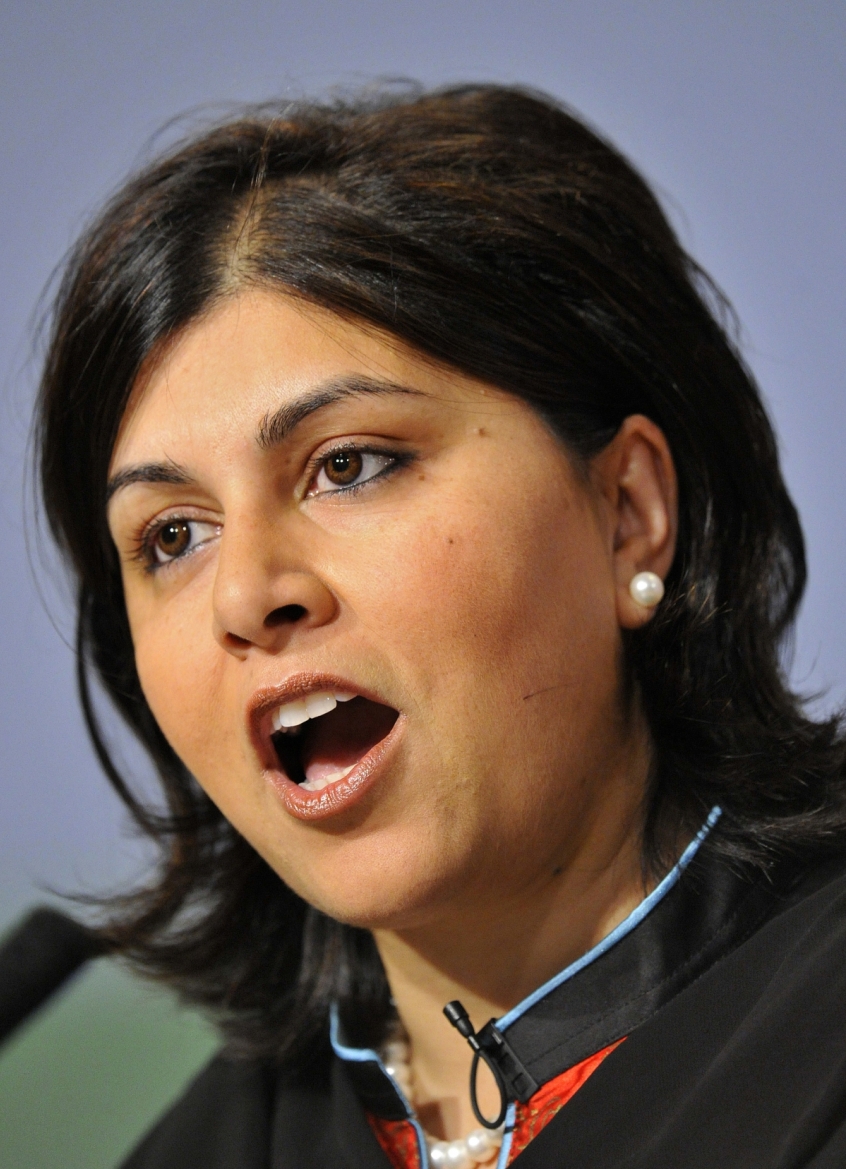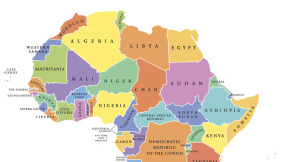
Sayeeda Warsi, the British Muslim politician and former chair of the Conservative party, has said she hopes that the Islamic face veil will disappear from the UK within 20 years.
Baroness Warsi, 46 and a Tory peer, said that she did not want the niqab to be banned by 'diktat' but said she wanted 'British Muslims to lead the charge'.
The Conservative peer has previously defended the wearing of the full face veil but said yesterday at the Hay literary festival that she did not 'know what its purpose is in terms of British Islam', The Times reports.
She said the veil was not a 'British manifestation,' adding that its use in Saudi Arabia could historically be understood because, 'I presume if you were running through the desert it was good because you didn't get sand in your face'.
She said: 'I just don't know what its purpose is in terms of British Islam," she said. "In Britain, and as I am a huge civil libertarian, we don't ban things. We actually allow communities to say this is not a good thing for us and the argument I'm making is I want British Muslims to lead that charge, to say this is not the best manifestation of British Islam and, therefore, is this a garment which in 10 or 20 years time is going to be part of the landscape?
'I sincerely hope we're heading in that direction where it won't be. But I don't want it to be done with a government diktat.'
Lady Warsi drew parallels between how some Muslim women dressed today and how 'small c conservative' women dressed in Britain in the 1950s, and recalled how her mother told her that when she came to the country in the 1960s white British women wore headscarves.
'It astounds me sometimes because if you listen to EDL [English Defence League] types who want to go back to a 1950s Britain — I just think, "Come to Muslim homes, you get 1950s Britain".'
Baroness Warsi has just produced a new book, The Enemy Within: A Tale of Muslim Britain.













